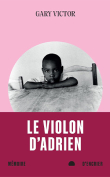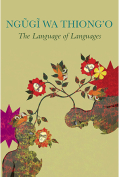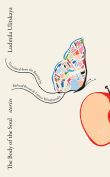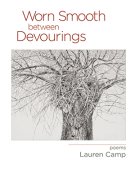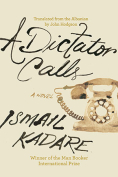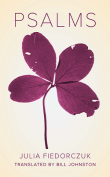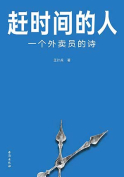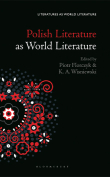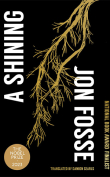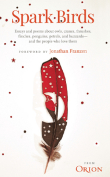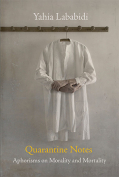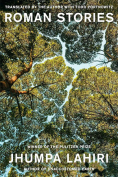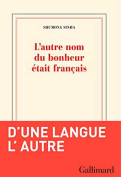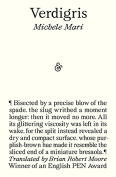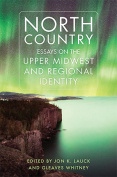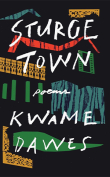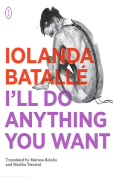I’ll Do Anything You Want by Iolanda Batallé
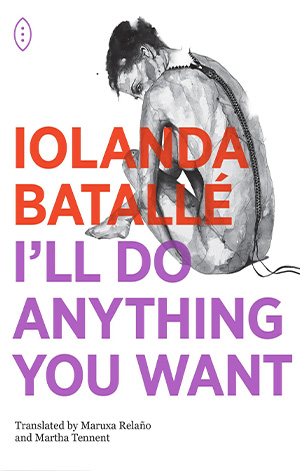 Padstow, UK. 3Times Rebel. 2023 (©2022). 226 pages.
Padstow, UK. 3Times Rebel. 2023 (©2022). 226 pages.
Sexual stories are difficult to tell well. Writers get bogged down in the complexities of the emotional gymnastics of sex, to say nothing of their problems with the physical. With I’ll Do Anything You Want, Catalan writer Iolanda Batallé sets herself a difficult routine, navigates some tricky maneuvers, and dismounts beautifully; it is a complex story told very simply, and she has the 2013 Prudenci Bertrana Prize to show for it.
“I’ll do anything you want” is a very tempting phrase, and a frightening one. Tempting because to wield such open, direct power over someone is rare. It is frightening because its vulnerability makes it dangerous. It is a key to a strange, destructive place where nothing is left behind. (Even Meatloaf knew where to draw the line.) Another danger running through the book is hagiography—which is really just a different end of the same stick as sexual domination. “The people who would have listened without judging are dead.” This kind of glorification of the dead is another kind of complete surrender, of responsibility and obligation to oneself and others, and can only result in isolation.
Comparisons drawn between Batallé and Anaïs Nin are more thematical than stylistic; Batallé has a voice all her own. While the topic of sexual freedom versus sexual imprisonment may be Nin’s, some of the literature mentioned in the text offers a vision of Batallé’s distantly ominous approach: The Heart Is a Lonely Hunter, Heart of Darkness, and Hemingway’s short story “The Old Man at the Bridge,” which deal with issues of communication, possession, and fatalism.
Not that the book is dismal. Maruxa Relaño and Martha Tennent’s translation moves the text along at a brisk clip. And a string of humor and light threads through the entire text. The big reveal is telegraphed to an Anglo audience the way it isn’t to a Mediterranean one, but that is a matter of culture rather than translation. That is the beauty of translated works: simple, natural truths in one place are surprises in another.
J. R. Patterson
Gladstone, Manitoba
